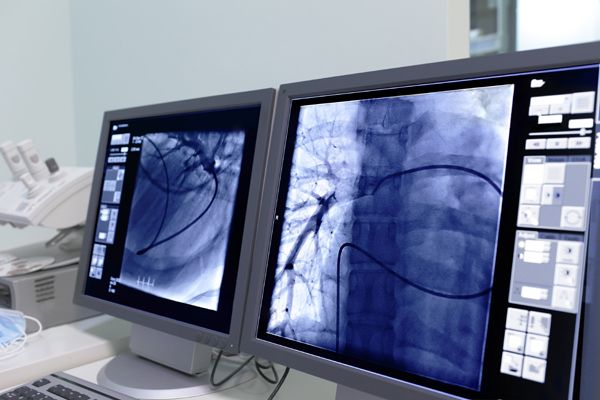

Jersey’s cancer rates are much higher than the national average, and would be greatly reduced by lifestyle changes, says a report out today.
The Channel Island Cancer Report 2013 reveals the majority of cancer cases among the population above the age of 20, are preventable if Islanders smoked and drank less and stayed out of the sun. Jersey saw 54 deaths from lung cancer last year, giving a mortality rate significantly higher than the UK average.
The Director of Public Health, Dr Susan Turnbull, says the report reinforces previous findings that Jersey’s highest rates of cancers – lung, skin and throat - are largely preventable.
“Everyone has the option to make healthier lifestyle choices that will reduce their risk of developing these preventable cancers,” she said.
The findings are the first that can be compared with other health authorities and will be used to determine future initiatives. They compare Jersey’s cancer rates with those in Guernsey, England overall and the South West region in particular.
Cancer is the biggest killer in Jersey with, on average, 488 incidents of cancer each year with 204 deaths. There are also 318 cases of non-malignant skin cancer. In addition to skin, lung and throat cancers, Jersey comes significantly higher than the national average when it comes to prostrate cancer and leukaemia, but has significantly lower cases of uterus and ovarian cancers. While kidney cancer rates are lower, fatalities are higher than in England and the South West so Health says they will be monitoring these types of cancer.
While people cannot be forced to change harmful lifestyles that are known to cut lives short and which place a financial burden on health authorities, the messages are getting through.
Health’s Head of Intelligence Jill Birbeck said while a fifth of the local population smoke, people are quitting or reducing consumption. Nonetheless, lung cancer claims an average of 54 lives each year, again much higher than in the UK.
"Lung cancer is particular area of concern with a large amount of new cases diagnosed every year and a large number of deaths," she said.
Health will now consult senior doctors and nurses for their views on the report and may share the finding with Guernsey to see how the islands could benefit from working together, she added.
Comments
Comments on this story express the views of the commentator only, not Bailiwick Publishing. We are unable to guarantee the accuracy of any of those comments.